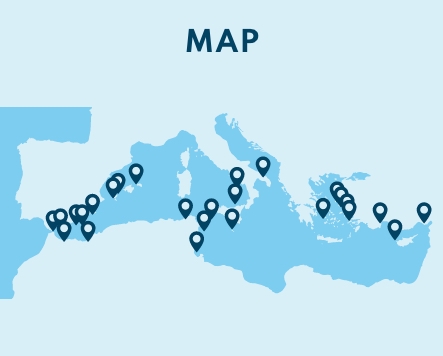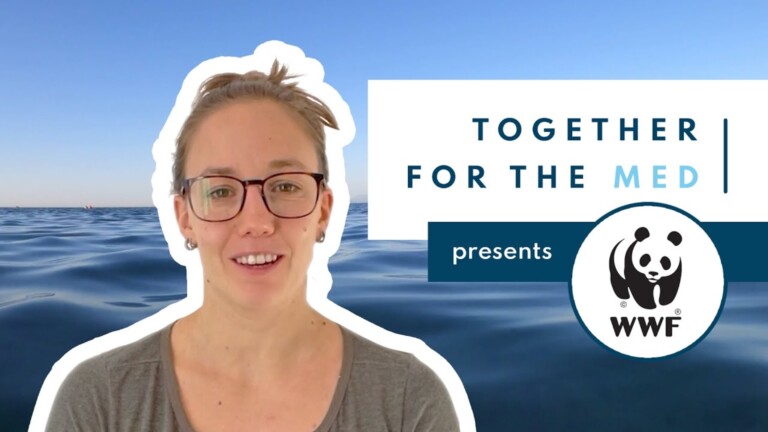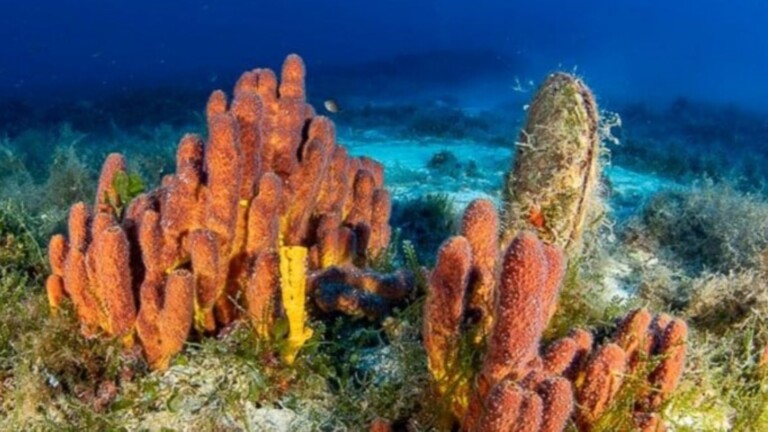
Co-managed MPA / No-Take Zones
Scaling up co-managed and financially sustainable No-take Zone and Marine Protected Area
The Co-managed MPA/No-Take Zones project aims to develop co-managed and financially sustainable MPA and NTZ across the Mediterranean Sea.
Objectives:
Pave the way for 30% of the Mediterranean Sea to be protected by 2030 and at least 10% under a strict level of protection.
Rebuild Mediterranean fish biomass and protect key habitats through co-managed No-Take Zones and effective MPAs, replication and scaling-up, financial sustainability, and adequate regulatory frameworks.
Make a difference in the field by creating new no-take zones and improving the management of MPAs.
Build legacy and scale-up by building the capacity, exchanging lessons learned and promoting networking among other MPA managers and fishers around the Mediterranean.
Increase the financial sustainability of local conservation initiatives.
Empower future by working with decision-makers to replicate and sustain local solutions and developing an ambitious and effective policy plan to protect the Mediterranean marine biodiversity within the Barcelona Convention..

Partners








The marine resources of the Mediterranean have been exploited for thousands of years and, as such, today the Mediterranean is in “burn out”. Over the past 50 years, populations of Mediterranean marine mammals have fallen by 41% and around 75% of fish stocks are overfished (FAO/GFCM 2020). More than half (53%) of its sharks are at risk of extinction and the Mediterranean seagrass Posidonia oceanica, one the important nursery habitat for many species, a carbon sink habitat, and a sea acidification buffer, has decreased by 34%.
Recovery of species population and improvement of marine habitats have been recorded, notably in marine protected areas (MPAs) and in no-take zones (NTZs) that are well managed and enforced.
However, out of the more than 1,000 existing Mediterranean MPAs, very few have shown an increase of fish biomass and biodiversity with benefits for local communities, and only 0.04% (815 km2) of the basin is covered by NTZ’s. To make a difference, the project is focusing on the creation of new NTZs and deliver a set of solutions to improve the management and governance of existing NTZ and MPAs.
Budget (total) : 6,272,231€

Meet Anna Barbanti from the WWF MMI




